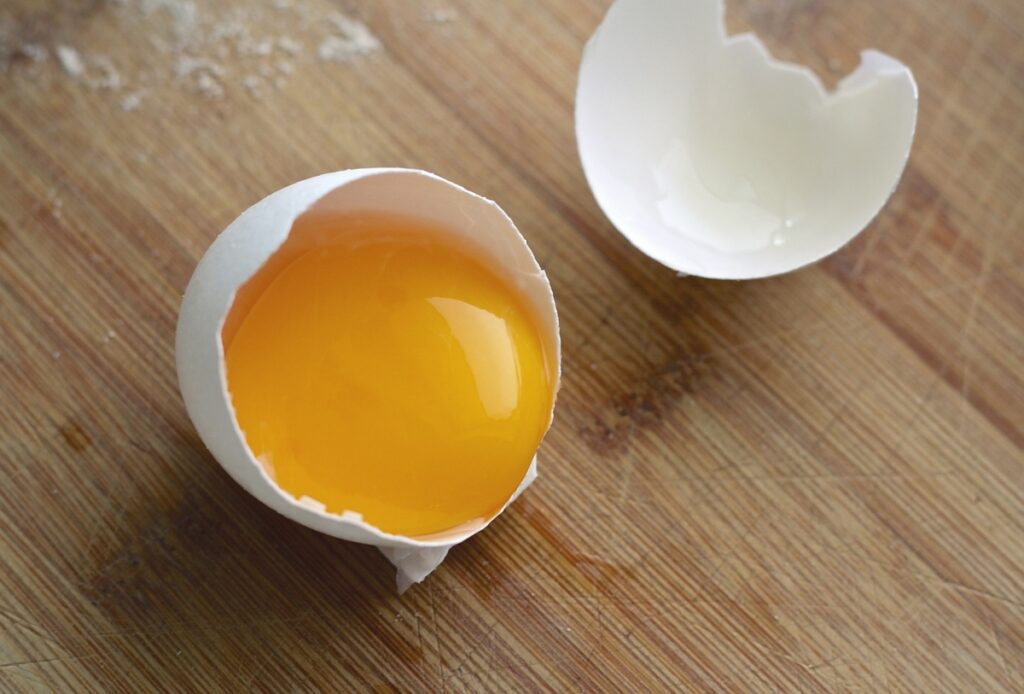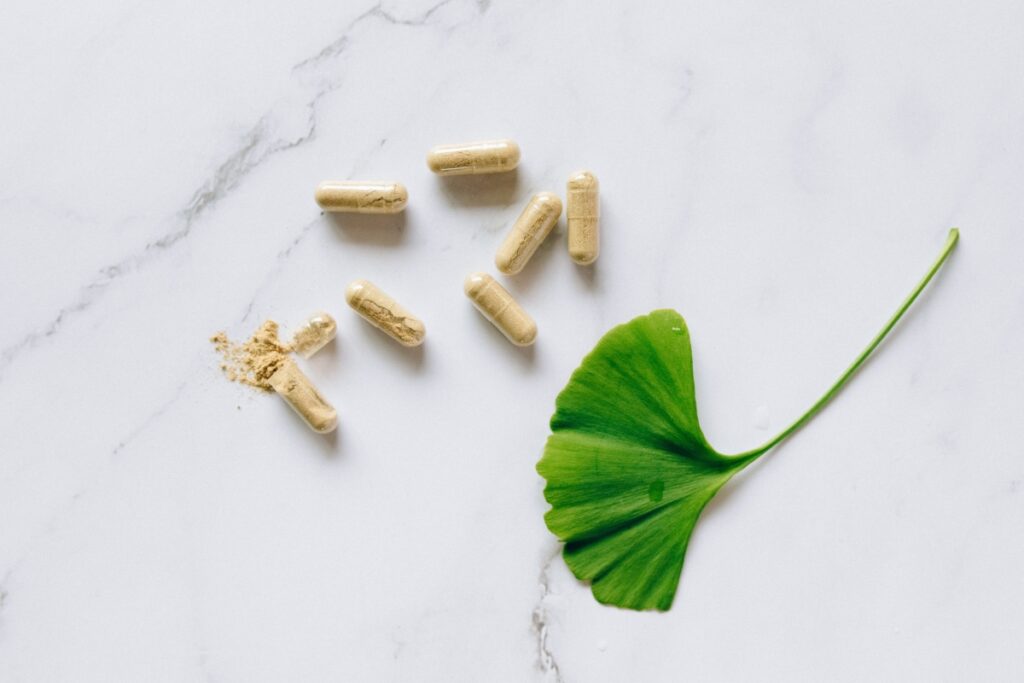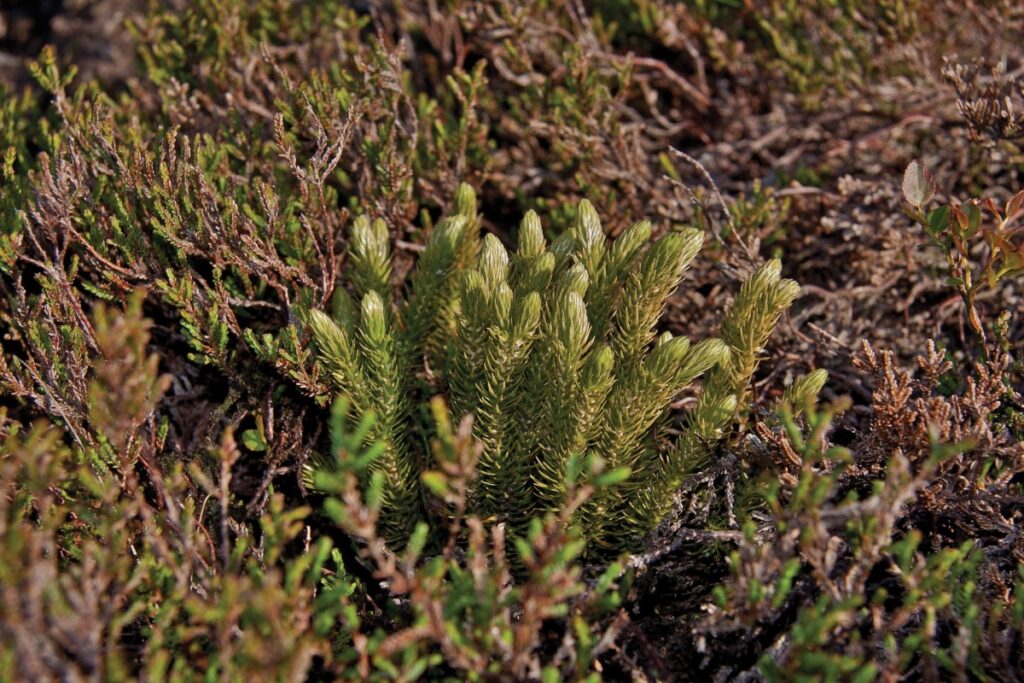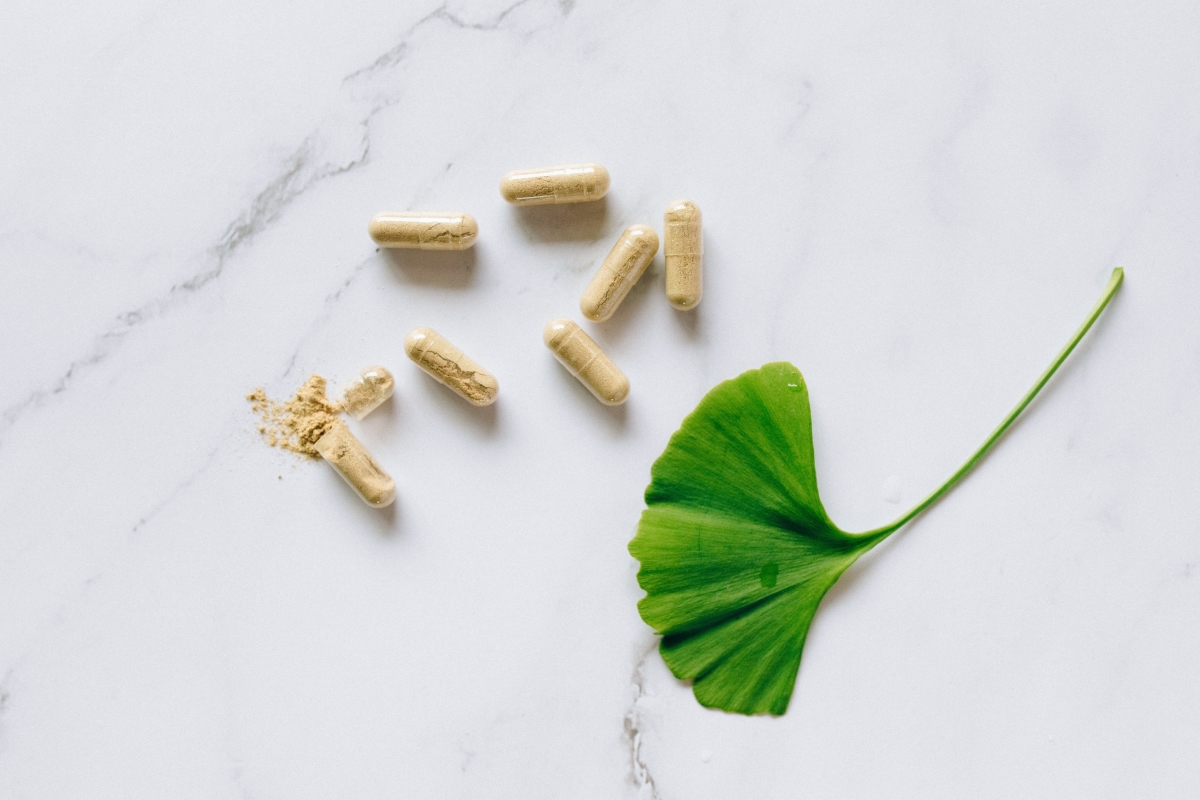In addition, many natural substances block acetylcholinesterase, an enzyme that breaks down acetylcholine in your synapses. This blockage increases brain acetylcholine. At high doses, these substances act like poisons that can cause paralysis and deaths, but at low doses, they can work as nootropics.
This article is part 3 of a 3-part series.
Part 1: What is acetylcholine and what are its important roles?
Part 2: 7 Signs you could have low brain acetylcholine levels
Part 3: How to boost your brain acetylcholine levels
Dietary sources of acetylcholine precursors

You can boost acetylcholine production in the brain and the rest of your body by consuming choline-rich food sources such as :
- Egg yolks
- Liver
- Salmon
- Beef
- Cauliflower
- Bacon
- Milk
- Dairy products
- Quinoa
- Amaranth
- Edamame
- Cruciferous vegetables
Nootropic supplements that increase acetylcholine in the brain
Nootropics that increase acetylcholine may work by:
- Inhibiting its breakdown by inhibiting acetylcholinesterase
- Directly stimulating acetylcholine receptors
- Providing the building blocks necessary for the creation and release of acetylcholine in the brain
Aside from being a building block for acetylcholine, choline is also important for heart health, detoxification, and healthy pregnancy.
Below we briefly discuss some of the most common cholinergic compounds used as nootropics nowadays and their function in acetylcholine release.
Alpha-GPC
L-Alpha glycerylphosphorylcholine (Alpha-GPC) is a bioavailable form of choline that crosses the blood-brain barrier. However, Alpha-GPC occurs in small amounts naturally. It is made by deacetylation of phosphatidylcholine from soy or sunflower.
Choline makes up 40% of Alpha-GPC’s total weight. Inside the brain, it gets converted into phosphatidylcholine and subsequently broken down into choline as needed. Alpha-GPC then provides the necessary choline to make acetylcholine. It showed promising results in optimizing memory and learning.
Bacopa monnieri
Also familiar as Brahmi and originating from ancient India, this supplement enhances cognition and long-term memory. Bacopa is an adaptogen, which means it promotes a balanced stress response. It also supports the balance of serotonin, dopamine, and acetylcholine in the brain. Also, Bacopa inhibits acetylcholinesterase, increasing synaptic acetylcholine.
Ginkgo biloba

Ginkgo biloba is one of the most famous and oldest herbs known to improve cognitive function and stamina. Its activities in the brain include:
- Increases acetylcholine levels
- Reduces acetylcholine breakdown
- Modulating choline uptake and acetylcholine release
- Having antioxidant activities, which protect brain cells from oxidative damage and glutamate toxicity
- Increases blood flow to the brain
- Increases acetylcholine muscarinic receptor activation and modulates serotonin in a way that affects choline function
Huperzine A

Huperzine-A is extracted from Chinese moss Huperzia serrata. It is an acetylcholinesterase inhibitor, inhibiting acetylcholine breakdown and increasing acetylcholine in our brain. Consumers report this supplement useful for increasing their mental energy, cognition, and clear thinking.
Vinpocetine
Vinpocetine is a derivative of vincamine, a substance derived from the periwinkle plant. It is a nootropic that increases brain acetylcholine levels and blood flow. Also, it improves alertness, cognition, and memory.

Citicoline
Citicoline or Cytidine Diphosphate Choline (CDP-Choline) is naturally present in every cell in your body. CDP-Choline has 18% choline by weight. It can either cross the blood-brain barrier intact or get digested into cytidine and choline before absorption.
Conclusion:
Acetylcholine is a very important neurotransmitter if you’re looking into nootropics to boost your cognitive function. However, it is important to keep in mind that neurotransmitters work in balance. Also, you need to cycle between the yin and yang of nootropics in order to continue performing optimally. Therefore, your nootropic program should be personalized based on your neurotransmitter profile, goals, and your overall health.
To get your personalized nootropic program, fill out this quiz.
References
- Wiedeman AM, Barr SI, Green TJ, Xu Z, Innis SM, Kitts DD. Dietary choline intake: Current state of knowledge across the life cycle. Nutrients. 2018;10(10):1513. doi:10.3390/nu10101513
- Millard HR, Musani SK, Dibaba DT, et al. Dietary choline and betaine; associations with subclinical markers of cardiovascular disease risk and incidence of CVD, coronary heart disease and stroke: the Jackson Heart Study. Eur J Nutr. 2018;57(1):51-60. doi:10.1007/s00394-016-1296-8
- Guerrerio AL, Colvin RM, Schwartz AK, et al. Choline intake in a large cohort of patients with nonalcoholic fatty liver disease. Am J Clin Nutr. 2012;95(4):892-900. doi:10.3945/ajcn.111.020156
- Caudill MA, Strupp BJ, Muscalu L, Nevins JEH, Canfield RL. Maternal choline supplementation during the third trimester of pregnancy improves infant information processing speed: a randomized, double‐blind, controlled feeding study. FASEB J. 2018;32(4):2172-2180. doi:10.1096/fj.201700692rr
- Canal N, Franceschi M, Alberoni M, Castiglioni C, De Moliner P, Longoni A. Effect of L-alpha-glyceryl-phosphorylcholine on amnesia caused by scopolamine. Int J Clin Pharmacol Ther Toxicol. 1991;29(3):103-107. Accessed December 22, 2021. https://pubmed.ncbi.nlm.nih.gov/2071257/
- Aguiar S, Borowski T. Neuropharmacological review of the nootropic herb Bacopa monnieri. Rejuvenation Res. 2013;16(4):313-326. doi:10.1089/rej.2013.1431
- na; EGb 761: Ginkgo biloba extract, Ginkor. Drugs R D. 2003;4(3):188-193. doi:10.2165/00126839-200304030-00009
- Nathan P. Can the cognitive enhancing effects of ginkgo biloba be explained by its pharmacology? Med Hypotheses. 2000;55(6):491-493. doi:10.1054/mehy.2000.1099
- Saxena A, Qian N, Kovach IM, et al. Identification of amino acid residues involved in the binding of Huperzine A to cholinesterases. Protein Sci. 1994;3(10):1770-1778. doi:10.1002/pro.5560031017
- Medina AE. Vinpocetine as a potent antiinflammatory agent. Proc Natl Acad Sci U S A. 2010;107(22):9921-9922. doi:10.1073/pnas.1005138107
- National Toxicology Program, U.S. Department of Health and Human Services. Chemical Information Review Document for Vinpocetine [CAS No. 42971-09-5].; 2013. Accessed December 22, 2021. https://ntp.niehs.nih.gov/ntp/htdocs/chem_background/exsumpdf/vinpocetine091613_508.pdf
- Wang L, Pooler AM, Albrecht MA, Wurtman RJ. Dietary uridine-5’-monophosphate supplementation increases potassium-evoked dopamine release and promotes neurite outgrowth in aged rats. J Mol Neurosci. 2005;27(1):137-145. doi:10.1385/JMN:27:1:137
- Synoradzki K, Grieb P. Citicoline: A superior form of choline? Nutrients. 2019;11(7):1569. doi:10.3390/nu11071569
